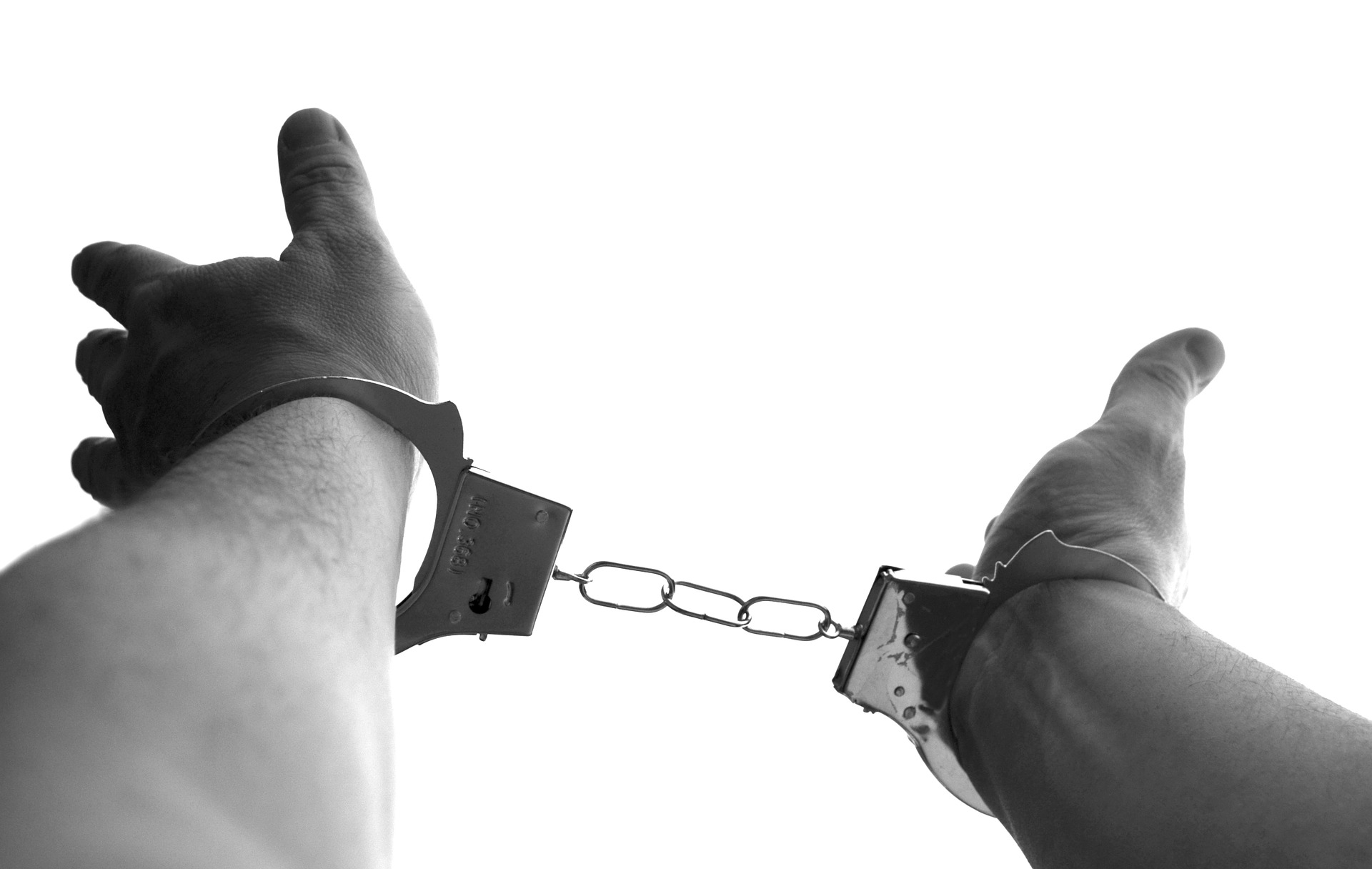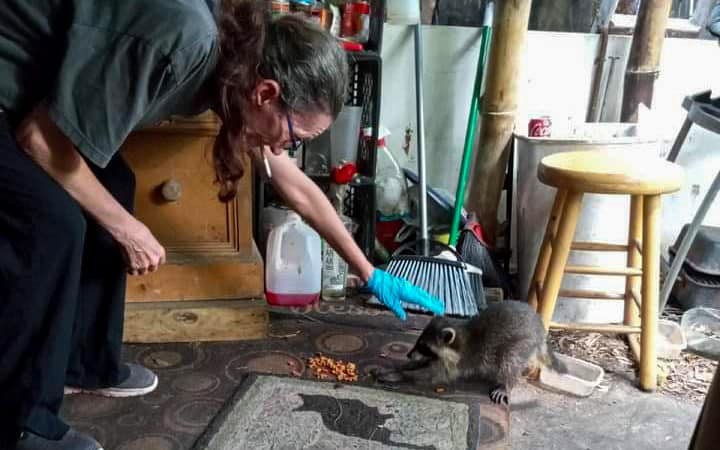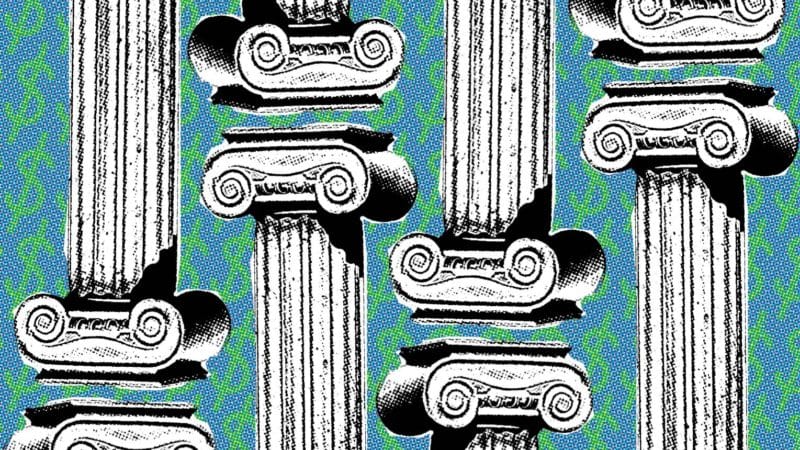A law firm’s report shows how city’s ordinances criminalize basic human behavior
By Andrew Fraieli
Sacramento, California filed a lawsuit to ban certain homeless individuals from public spaces — having declared them public nuisances; Kansas City, Missouri’s health department poured bleach on a food pantry’s food to deter the eating of it, as they considered the food a safety hazard — the homeless still ate it; and Ocala, Florida has made it illegal to “rest while awake or asleep” on public property in the open.
According to a report titled “Housing not Handcuffs” released by the National Law Center on Homelessness and Poverty, these are only a few — but some of the most extreme — laws criminalizing homelessness across the country. By making laws that specifically target the homeless themselves, they aren’t able to live without breaking one; cities have made the homeless criminals with little ability to defend.
“They state that police would wake people from sleep to tell them that sleeping outside in Durango city was illegal.”
Some laws have banned sleeping in a car overnight, such as a recently reenacted ordinance in Los Angeles. Other laws make sitting on the sidewalk illegal, most notably in San Francisco in 2010 but recently, in 2018, deemed unconstitutional by the Ninth U.S. Circuit Court of Appeals. There are many different laws that can have an end result of criminalizing some aspect or behavior of a homeless person’s life, and, like these, they are commonly built around a necessary action like sleeping or using the restroom.
One of the highlights from the “Housing not Handcuffs” report was that 72% of the 187 cities the law center looked at had “at least one law restricting camping in public.” Camping in public can also mean different things depending on the city, with some laws being more or less broad to the point that their enforcement can’t be predicted.
Eurgen, Oregon for example, prohibits sleeping in a campsite that it defines in part as “any place where any bedding, sleeping bag, or other material used for bedding purposes…” is maintained. It functionally bans using anything to protect oneself from the elements, even as simple as a blanket.
Some laws that are not written as bans on sleeping can still end up being enforced as one.
The law center and ACLU of Colorado released a report in 2018 called “A Year Without Sleep”, analyzing police reports in Durango, Colorado where they found that “Durango police have stretched the City’s ban on ‘camping’ to target a harmless behavior that homeless residents cannot avoid: sleep.” It continues that in one year, only three citations were giving to people sleeping under tarps, but “45 citations (46% of total) were issued to people who were sleeping under a blanket or in a sleeping bag, and 32 citations (33% of total) were issued to people sleeping on the ground without any cover whatsoever.” They state that police would wake people from sleep to tell them that sleeping outside in Durango city was illegal.
Sleeping is a dominant issue in the report, pointing towards the dominance of outlawing sleeping or activities that may lead to sleeping in many cities. Ocala, Florida is mentioned directly in the report in what it calls it’s “Hall of Shame.”
It states that “homeless people are strictly policed in accordance with Ocala’s draconian anti-homeless ordinances” where it’s “illegal to rest in the open on public property, which has been heavily enforced by the city.” They go on to describe the mayor’s self-promotion of his “broken-windows” policing sentiment which is a “discredited policing model which asserts that open signs of disorder such as broken windows invite further crimes when left unaddressed.”
“Comparing them to Jim Crow laws, the report deems them discriminatory as they give such broad power to the police,”
The report’s main issue with the policing tendencies of Ocala besides it’s laws limiting the ability of people without a home to rest, is it’s “city-sponsored police patrol that has made over 200 “quality-of-life” arrests between December 3, 2018 and April 1, 2019,” of which three people alone have racked up $9,000 in fines, fees and cost and spent a total 210 days in jail based on this ordinance alone.
Other laws that can be broadly used to remove the homeless from public areas are loitering and vagrancy laws. Comparing them to Jim Crow laws, the report deems them discriminatory as they give such broad power to the police, with 35% of cities having laws prohibiting it, and 60% with laws prohibiting in certain public spaces.
These laws are specific examples of criminalizing the homeless when they have no choice. They have nowhere else to go except this public space, and then are arrested for it.
People across the country have created their own ways of helping the homeless and people in need on the streets, there are many food pantries — such as the Rose K. Boatwright Food Pantry in Lake City, Florida — many examples of ways to help the homeless shower such as the Shower to the People in St. Louis, Missouri, and even Triangle Works in Denver, Colorado — a five person crew that cleans garbage near parks where homeless people congregate so to help their areas stay clean.
The report makes an effort to highlight all these issues and how laws can be changed to help, instead of hurt. But as they are now, the report states that these laws criminalizing homelessness “constitutes cruel and inhuman treatment, which violates our obligations under the Convention Against Torture and the International Covenant on Civil & Political Rights.”



